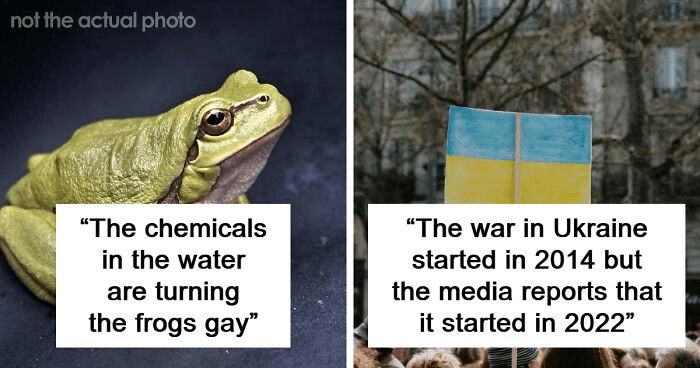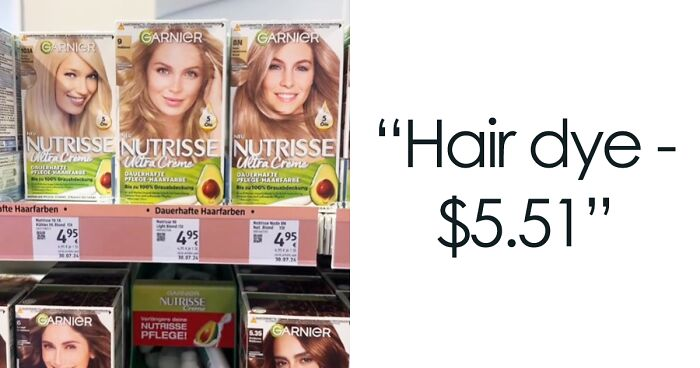Most of us, hearing words like “secret,” “CIA” and “coverup” Theory tend to immediately imagine tinfoil-hat wearing conspiracy theorists. More often than not then not, this is the case, but to paraphrase the old saying, truth is sometimes stranger than fiction. So the more facts you learn about different parts of history, science and technology, the more unusual you realize the world really is.
Someone asked “What’s something that sounds like a conspiracy theory but is actually true?” and people shared the best examples that they knew. So get comfortable as you scroll through, upvote your favorites and be sure to comment your own examples below.
Conspiracy Theory: 1.
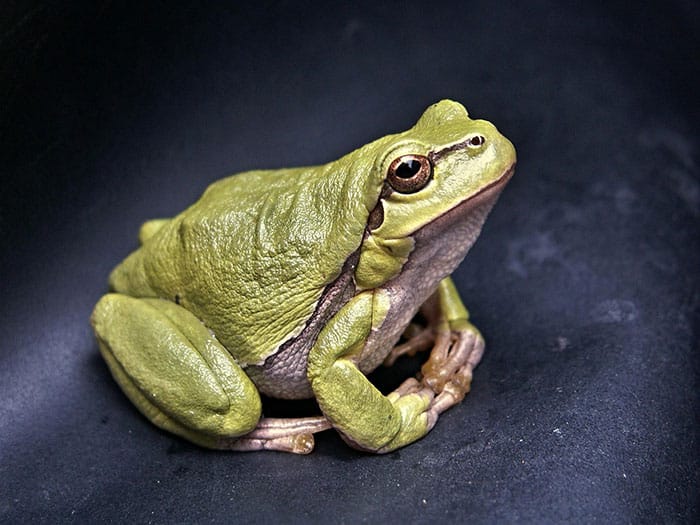
The chemicals in the water are turning the frogs gay.
Atrazine, a chemical produced by the pesticide company Syngenta has been proven to mess with the endocrine system of frogs and turn them into hermaphrodites and can even cause them to display homosexual behavior, preferring the company of other male frogs rather than females ones.
It can also cause prostate cancer and birth defects and is in the drinking water of several states, so yeah, there’s that too.
Conspiracy Theory: 2.
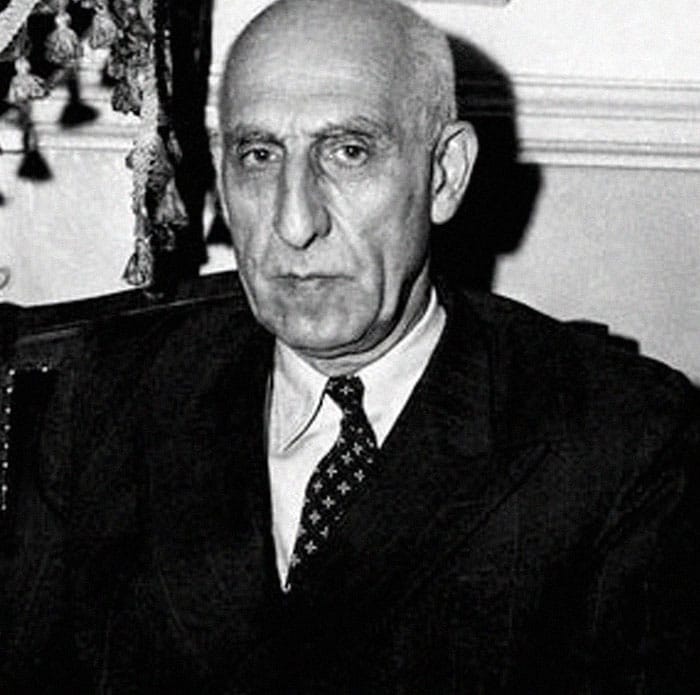
The US and the UK conspired to overthrow Iran’s democratically-elected prime minister Mohammad Mosaddegh and restore the autocratic regime of the Pahlavi monarchy. They did this because Mosaddegh tried to nationalize Iran’s oil industry.
Nestle downplayed all of this and said it wasn’t their responsibility that people here didn’t really have access to clean water and that they were just giving people the freedom of choice.
Conspiracy Theory: 3.
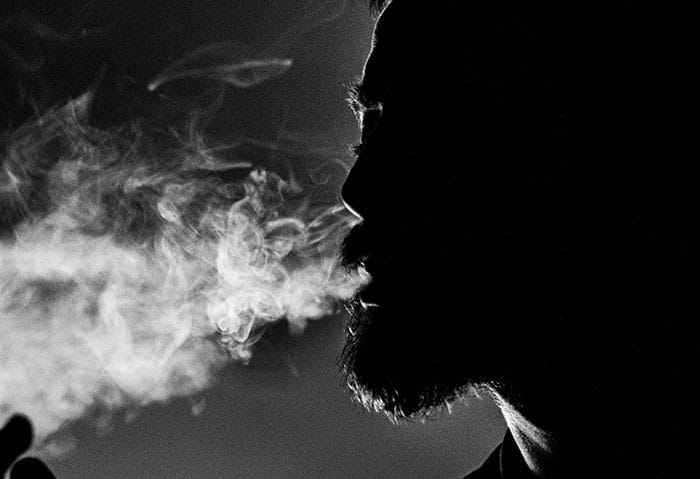
**”Big Tobacco Cover-Up”** is a prime example. For decades, tobacco companies knew about the harmful and addictive effects of smoking but actively suppressed research, manipulated data, and marketed cigarettes as safe.
It wasn’t until the 1990s, after internal documents were leaked, that the truth about their deceitful practices was fully exposed.
Nestlé’s baby formula scandal
Nestle aggressively marketed baby formula to mothers in developing countries by giving free samples to hospitals and buying up billboards. The mothers would use them instead of breast milk and eventually stop producing breast milk. Then they’d need to buy formula to continue feeding their babies. Formula needed to be mixed with water but because they often didn’t have clean water, they’d put their babies at risk mixing the formula with unclean water.
Also, literacy rates were lower in a lot of those places so the mothers didn’t know how to clean the bottles and couldn’t read the instructions on the packaging. Those that did often didn’t have the means to carry them out. A lot of them being poorer also resorted to watering down the formula to try and make it last longer but then it wouldn’t have enough nutrients for the baby.
Nestle downplayed all of this and said it wasn’t their responsibility that people here didn’t really have access to clean water and that they were just giving people the freedom of choice.

